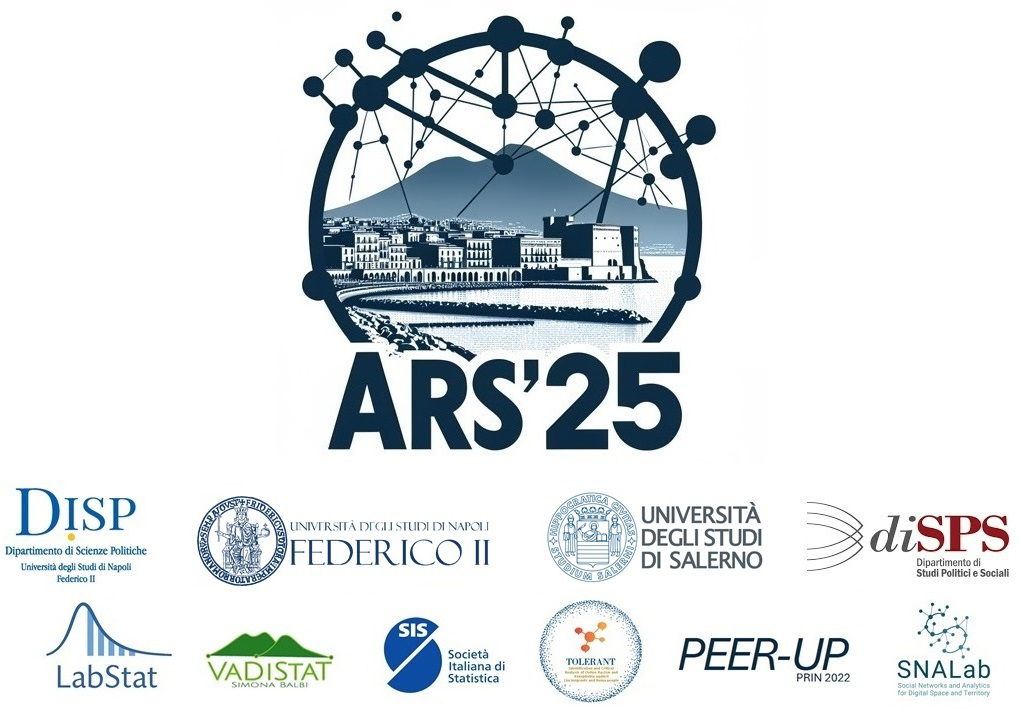Speaker
Description
Social Representation Theory (SRT) provides a robust framework for investigating how social groups construct shared systems of meaning, particularly through discourse. At its core lie two fundamental cognitive and communicative processes: anchoring, whereby new information is assimilated by linking it to familiar categories, thus enabling interpretation and classification; and objectification, through which abstract concepts are shaped into concrete and perceptible entities, facilitating their incorporation into everyday thought. As discourse increasingly unfolds in digital environments, where narratives are rapidly generated, transformed, and contested, understanding how social representations emerge and evolve poses significant theoretical and methodological challenges.
To address these challenges, we introduce ThemeScope, an analytic strategy designed to detect and visualise social representations in large-scale digital corpora. Bridging qualitative theory and computational techniques, ThemeScope combines co-word analysis, network-based community detection, and visualisation tools to uncover thematic structures in digital discourse. The framework introduces two novel quantitative measures: the Prototypical Salience Index, which captures the relevance and embeddedness of a concept within discourse (anchoring), and the Concreteness Score, which quantifies the extent to which abstract topics are articulated in tangible forms (objectification). These metrics position topics on a two-dimensional space defined by structural salience and semantic concreteness, aiding the identification of stable cores, ideological constructs, emerging practices, and latent representations.
We illustrate the potential of this approach through a case study on the Israel-Palestine conflict, analysing social media discourse between October and December 2023. The results highlight the coexistence of multiple representational fields shaped by competing narratives of identity, morality, and legitimacy.
ThemeScope constitutes a theoretically grounded and computationally scalable framework that allows the systematic investigation of collective meaning-making processes across large and dynamic digital environments.
Keywords/Topics
Social Representation Theory
Digital Discourse Analysis
Network Analysis
Anchoring and Objectification
Thematic Mapping

